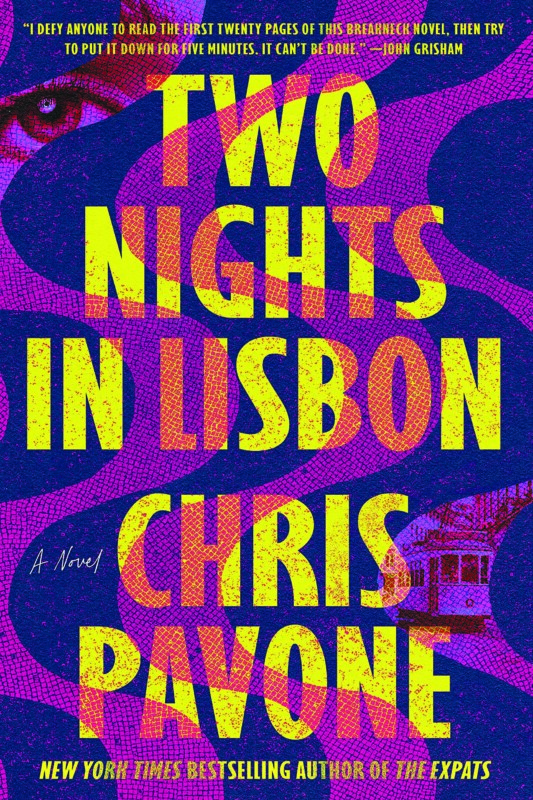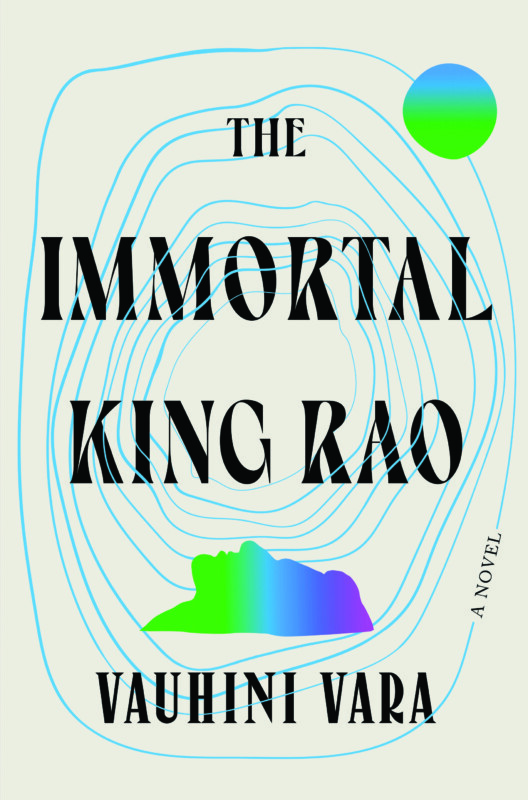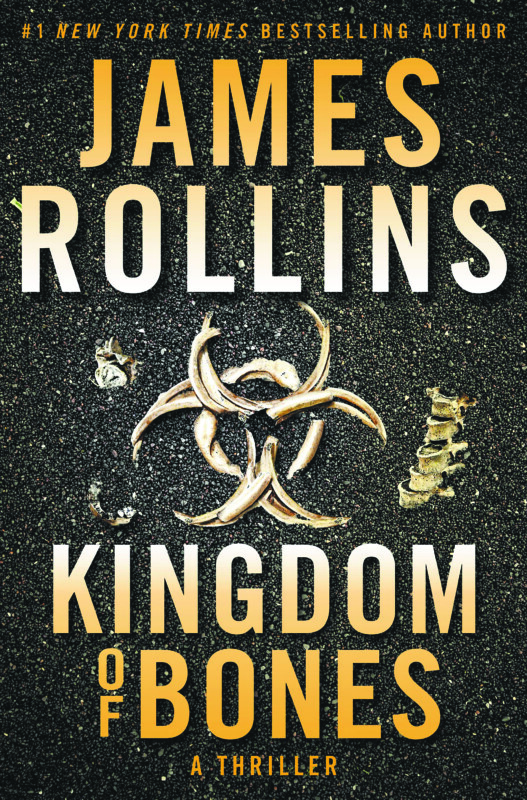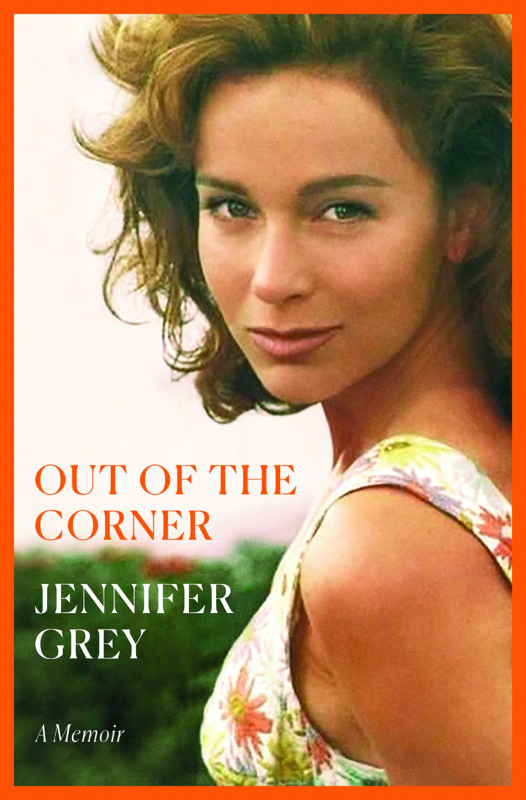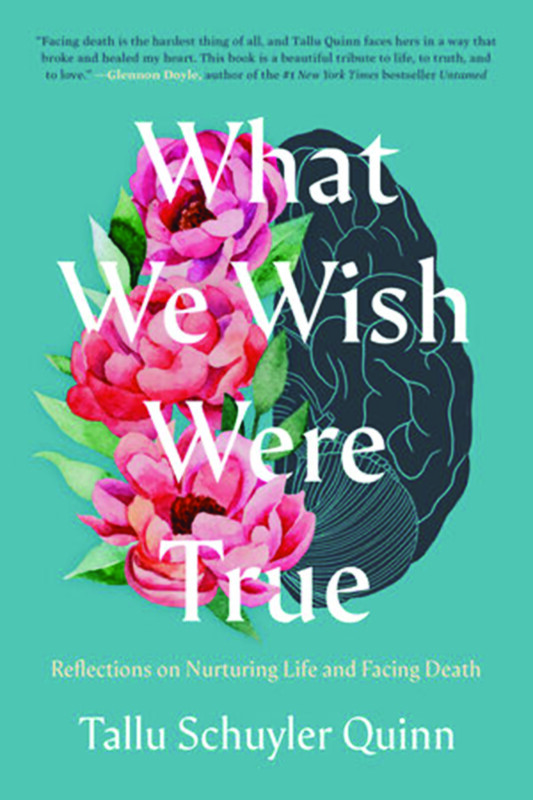Two Nights in Lisbon, by Chris Pavone (Farrar, Straus and Giroux, 436 pages)
As perhaps the only semi-literate person on the planet who hasn’t read or seen Gone Girl, I still know enough about Gillian Flynn’s blockbuster novel to know that her fans would like Two Nights in Lisbon. In fact, but for the pesky laws of copyright, Chris Pavone could have called his fifth novel “Gone Guy.”
The thriller is set in Portugal, where a bookstore owner named Ariel Pryce is on a business trip with her husband, John. On their third night there, she wakes up alone and when he doesn’t immediately respond to her texts she starts to panic. Everyone she consults, from the housekeeping and wait staff at their luxury hotel to the local police, assures her that it’s premature to worry, that John probably went on a long run or is meeting with one of his clients. That’s why they are here, after all — for business.
Even as the hours tick by (in Jack Bauer-ish 24 fashion), unconcerned detectives and embassy staff are more inclined to think that John is off with another woman, or maybe even left his older wife permanently; it’s far too early to worry that anything criminal has occurred, they say. (“Senhora, I hope you understand that it is not possible for the police to search for every man whose wife cannot find him in the morning. We would never do anything else.”)
Ariel, however, is insistent from the start that John, her husband for only a year, isn’t like that, especially since he insisted she accompany him on the trip. (What married man wants his wife to come along if his planned activities include a tryst?) Her fears grow as she starts to think someone is following her, and seem to be confirmed when a hotel maid finds a note under her bed that indicates John intended to be away for only a few minutes and planned to meet her for breakfast.
From the start, though, there are suggestions that Ariel may be an especially unreliable narrator, or at the least, a woman prone to unusually high levels of anxiety that could distort her view of what is happening.
The local police she repeatedly contacts are suspicious not only about John (they ask if he uses drugs, among other things) but also about Ariel herself, to the point that they have a detective follow her when she leaves the station. Meanwhile, we get hints of former identities for both Ariel and John, who seem to not know very much about each other. There are flashbacks to earlier times in Ariel’s life, when she went by another name and apparently lived a life much higher on the socioeconomic ladder.
Then there’s the question of her teenage son, George, an increasingly moody kid with whom she lives on a ramshackle farm a couple of hours from New York. It’s unclear who the boy’s father is, and why Ariel walked away from her former life for one that seemingly has a lot more troubles and goats.
Pavone boasts a roster of heavyweight endorsements from John Grisham — who says “I defy anyone to read the first twenty pages of this breakneck novel, then try to put it down for five minutes. It can’t be done.” — to Stephen King, who seems to be trolling Grisham when he says, “There’s no such thing as a book you can’t put down, but this one was close.”
This may be because, in addition to his own writing career, Pavone has worked for 33 years in publishing. In other words, he’s hardly a supernova who burst out of nowhere; he’s as establishment in the business of words as you can get. As such, he is a craftsman when it comes to the construction of a made-for-Hollywood thriller. The foreshadowing is a bit too heavy-handed in places — particularly with regard to news going on in the U.S. that is constantly on TV screens in Portugal.
But the twist that turns the story on its head at the end is deftly done. In fact, Two Nights in Lisbon may require two readings: the second to see how the story changes once you finally learn what was really going on.
To be sure, Pavone injects a generous amount of moralizing, which was interesting at first but grew a bit tiresome as the story developed. Here he is on college degrees: “oversold, overpriced, undervalued educational achievements that turn out to be almost meaningless on the job market,” and on the internet: “The magic of the internet. It’s easy to forget this, looking at the toxic effects of social media, at the economic devastation wrought by online retail and the tech-driven gig economy and the decline of Main Street, at the mis- and disinformation that threatens the integrity of democracy, in fact the integrity of everything.”
Cultural asides are useful when lobbying for prizes or stretching a thin story to novel length, but the frequent digressions seem so much overreach, similar to its bloated, self-important final paragraph that tries to give the novel more authority than it earned.
Two Nights in Lisbon is actually a misnomer, as the book spans six days (six days and three months, if you count the epilogue). It could have been satisfyingly shorter, and will be in a screenwriter’s hands.
Some Amazon reviewers have noted the resemblance of a pivotal character to a certain former president who has been unusually divisive. Meh. That’s surely the author’s intent, but the parallel is not heavy-handed enough to make this book political. More radical is the age-old question the novel offers about whether an end justifies a means. As cultural commentary Two Nights in Lisbon comes up short, but it’s an excellent beach read. B+
Book Notes
Even without a print magazine and daily talk show, Oprah Winfrey still wields power in the world of publishing. She still has a book club through her website, Oprahdaily.com, where she recently guaranteed the publishing success of Leila Mottley, the 19-year-old author of the new novel Nightcrawling (Knopf, 288 pages).
Mottley began writing the book when she was 16. It’s set in Oakland, California, where she lives, and it’s about a high-school dropout named Kiara who has to work to support her family and a neighbor child, but gets embroiled in a scandal involving the Oakland Police Department.
The last book Winfrey recommended before this was the memoir of actress Viola Davis, called Finding Me (HarperOne, 304 pages). Released in April, it has 3,800 ratings on Amazon, most of them five stars.
Can Bill Gates crown an author like Oprah can? He keeps trying. His summer recommendations for fiction are weirdly dated: last year’s The Lincoln Highway by Amor Towles (Viking, 592 pages) and Naomi Alderman’s The Power, published in 2016 (Penguin paperback, 352 pages).
More current is actress Reese Witherspoon, whose Reese’s Book Club features only books with female protagonists. Her pick this month is Counterfeit (William Morrow, 288 pages) by Kirstin Chen. It’s about a Chinese American lawyer and mom who gets inadvertently sucked into a counterfeit purse scheme run by an old friend. And actress Gwyneth Paltrow’s Goop book club is recommending Circa by Devi S. Laskar (Mariner, 192 pages), a coming-of-age story of an Indian American girl.
“Celebrity” book clubs may be pushing the bounds of celebrity when they include Jenna Bush Hager, who some people may not recall is the daughter of former President George W. Bush. But I like her recent pick, Remarkably Bright Creatures by Shelby Van Pelt (Ecco, 368 pages), a novel about a lonely janitor who makes friends with an octopus at the aquarium where she works.
Book Events
Author events
• ANDREA PAQUETTE Author presents Loveable: How Women Can Heal Their Sensitive Hearts and Live and Love as Their True Selves. Sat., June 18, 6 p.m. Toadstool Bookstore, Somerset Plaza, 375 Amherst St., Nashua. Visit toadbooks.com.
• PAUL DOIRON Author presents Hatchet Island. Gibson’s Bookstore, 45 S. Main St., Concord. Wed., June 29, 6:30 p.m. Visit gibsonsbookstore.com or call 224-0562.
• PAUL BROGAN Author presents A Sprinkling of Stardust Over the Outhouse. Gibson’s Bookstore, 45 S. Main St., Concord. Thurs., June 30, 6:30 p.m. Visit gibsonsbookstore.com or call 224-0562.
• SARAH MCCRAW CROW Author presents The Wrong Kind of Woman. Gibson’s Bookstore, 45 S. Main St., Concord. Tues., July 19, 6:30 p.m. Visit gibsonsbookstore.com or call 224-0562.
• CASEY SHERMAN Author presents Helltown. Bookery, 844 Elm St., Manchester. Sun., Aug. 14, 1:30 p.m. Visit bookerymht.com or call 836-6600.
Poetry
• DOWN CELLAR POETRY SALON Poetry event series presented by the Poetry Society of New Hampshire. Monthly. First Sunday. Visit poetrysocietynh.wordpress.com.
Writers groups
• MERRIMACK VALLEY WRITERS’ GROUP All published and unpublished local writers who are interested in sharing their work with other writers and giving and receiving constructive feedback are invited to join. The group meets regularly Email pembrokenhtownlibrary@gmail.com.
Writer submissions
• UNDER THE MADNESS Magazine designed and managed by an editorial board of New Hampshire teens under the mentorship of New Hampshire State Poet Laureate Alexandria Peary. features creative writing by teens ages 13 to 19 from all over the world, including poetry and short fiction and creative nonfiction. Published monthly. Submissions must be written in or translated into English and must be previously unpublished. Visit underthemadnessmagazine.com for full submission guidelines.
Book Clubs
• BOOKERY Monthly. Third Thursday, 6 p.m. 844 Elm St., Manchester. Visit bookerymht.com/online-book-club or call 836-6600.
• GIBSON’S BOOKSTORE Online, via Zoom. Monthly. First Monday, 5:30 p.m. Bookstore based in Concord. Visit gibsonsbookstore.com/gibsons-book-club-2020-2021 or call 224-0562.
• TO SHARE BREWING CO. 720 Union St., Manchester. Monthly. Second Thursday, 6 p.m. RSVP required. Visit tosharebrewing.com or call 836-6947.
• GOFFSTOWN PUBLIC LIBRARY 2 High St., Goffstown. Monthly. Third Wednesday, 1:30 p.m. Call 497-2102, email elizabethw@goffstownlibrary.com or visit goffstownlibrary.com
• BELKNAP MILL Online. Monthly. Last Wednesday, 6 p.m. Based in Laconia. Email bookclub@belknapmill.org.
• NASHUA PUBLIC LIBRARY Online. Monthly. Second Friday, 3 p.m. Call 589-4611, email information@nashualibrary.org or visit nashualibrary.org.
Language
• FRENCH LANGUAGE AND LITERATURE CLASSES
Offered remotely by the Franco-American Centre. Six-week session with classes held Thursdays from 6:30 to 8:30 p.m. $225. Visit facnh.com/education or call 623-1093.

